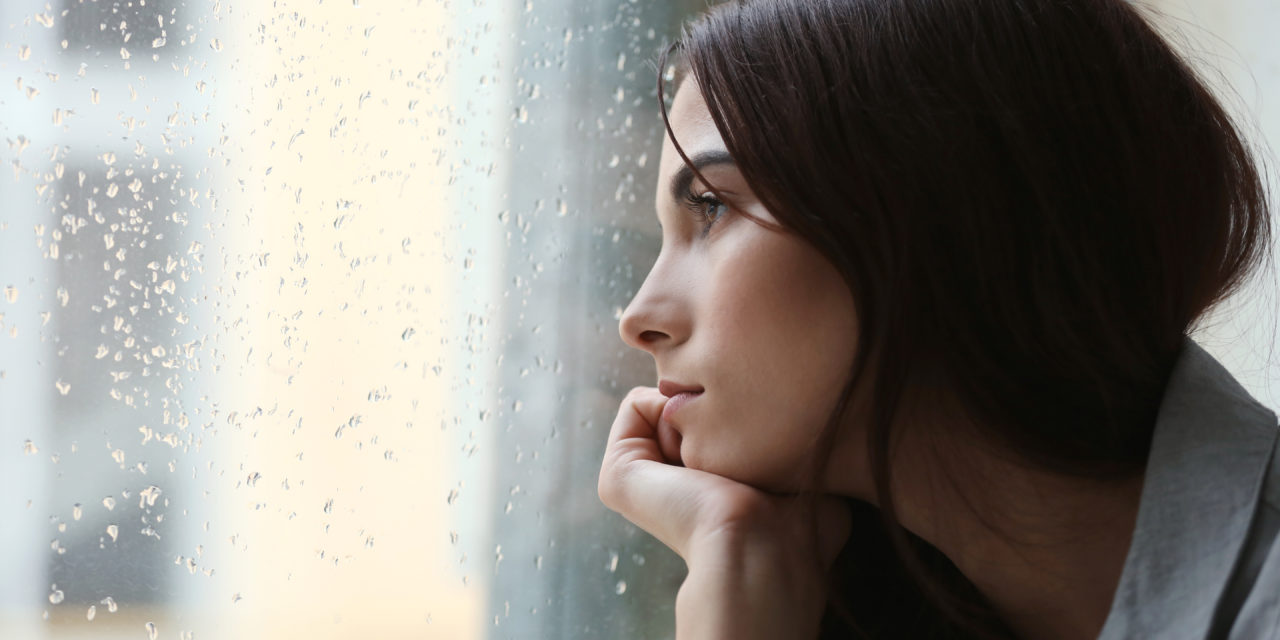When the COVID-19 pandemic began, and people worldwide were faced with threat of a lethal pathogen, they intensely focused on their physical health and wellbeing, and rightly so.
Government-imposed lockdowns, mask mandates, and social isolation protocols were ostensibly implemented to try to save lives.
But at what cost?
According to a new study, the price of these lockdown measures was high, and particularly pronounced among children.
The CDC reported that during the government-imposed social isolation procedures throughout 2020:
- 37.1% of students experienced poor mental health
- 31.1% of students experienced poor mental health during the prior 30 days.
- 44.2% of students felt persistently sad or hopeless.
- 19.9% of students seriously considered attempting suicide.
- 9.0% of students attempted suicide.
These findings are shocking, and frightening.
The study also found, unsurprisingly, how important it is for children and adolescents to feel close to their family, friends and other social groups.
Those who did feel close to others around them reported substantially better mental health results.
“Compared with those who did not feel close to persons at school, students who felt close to persons at school had a significantly lower prevalence of poor mental health during the pandemic (28.4% versus 45.2%) and during the past 30 days (23.5% versus 37.8%), persistent feelings of sadness or hopelessness (35.4% versus 52.9%), having seriously considered attempting suicide (14.0% versus 25.6%), and having attempted suicide (5.8% versus 11.9%),” the study reported.
The survey was conducted by the U.S. Centers for Disease Control and Prevention (CDC) and is titled, “Mental Health, Suicidality, and Connectedness Among High School Students During the COVID-19 Pandemic – Adolescent Behaviors and Experiences Survey.”
It was conducted from January to June 2021 and was released on April 1, 2022.
The authors of the study concluded that a society must focus on emotional and mental wellbeing, even during a pandemic. It cannot completely ignore the importance of social relationships, especially for young children and adolescents.
“Mental health issues among youths are an important public health concern during the ongoing COVID-19 pandemic,” the authors concluded.
“Comprehensive strategies that improve connections with others at home, in the community, and at school might foster improved mental health among youths during and after the pandemic.”
“These data echo a cry for help,” said Dr. Debra Houry, the CDC’s acting principal deputy director, in a statement regarding the study. “The COVID-19 pandemic has created traumatic stressors that have the potential to further erode students’ mental wellbeing.”
Kathleen Ethier, director of the CDC’s Division of Adolescent and School Health, said the survey reveals “the degree to which families were experiencing stress” during the government-imposed lockdowns.
“Our data make it clear that young people experienced significant disruption and adversity during the pandemic and are experiencing a mental health crisis,” Ethier added.
In a stirring, yet heartbreaking piece on Substack, Suzy Weiss wrote on the negative social, emotional and mental consequences that lockdown policies had specifically on teenage girls.
She chronicled numerous anecdotal examples of young girls who, because of social isolation, quit eating, started binge-watching television, quit doing homework, developed anxiety, started cutting themselves, and contemplated suicide.
“Teenagers need a social life. Every single study and report and piece of data tells us so … Ask yourself: What would it have been like if you had spent your thirteenth year in solitude?” Weiss asked.
“It was more than a year, actually. Millions of American kids had gone a year-and-a-half mostly alone. And every single girl I spoke to said the same thing about the experience: They felt like they were sinking, or being swallowed up.”
Related articles and resources:
World Health Organization Changes Tune, Warns Against Lockdowns Due to Negative Economic Impact
Did COVID Lockdowns Work? ‘Marginal at Best’ Conclude Researchers at Johns Hopkins
Photo from Shutterstock.






